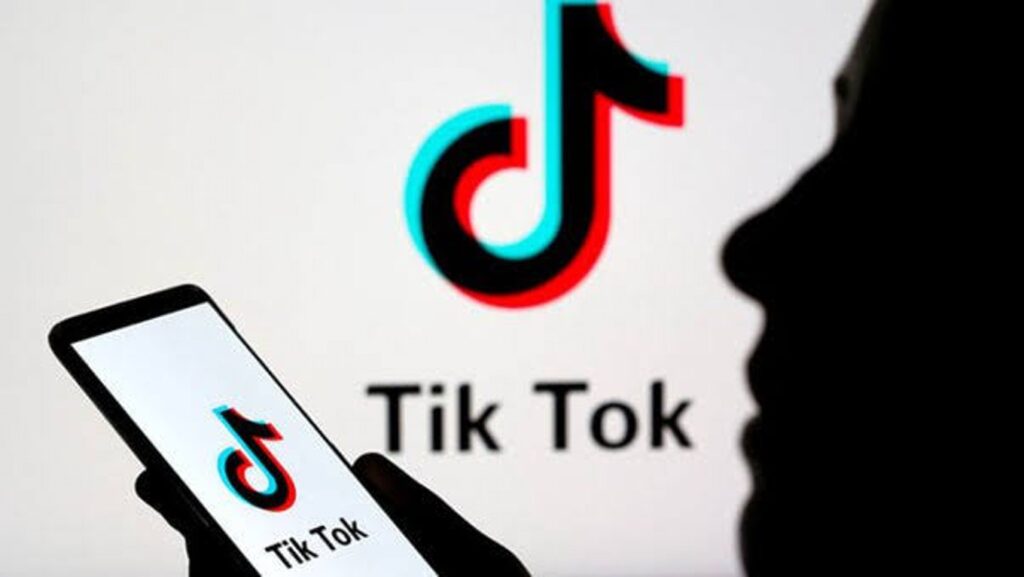“Act your age” is the famous phrase we know that urges individuals to match their age with the corresponding maturity. But a new variation is trending – “Act your wage.”

What does this phrase mean, and what action does it inspire in its target audience? Here, we will address these questions and lots more.
The New Trend
Recently, the trend “act your wage” burst out and gained much attention on TikTok. A movement has formed from it that has spread widely across the internet.

The trend is a response to and a sort of protest against poor working conditions at the office. Most prominently, it is a defiance of low wages. Many employees are embracing the message and implementing the culture it promotes.
Low Pay, Low Performance
“Act your wage” means “don’t put in more work than your pay corresponds to.” That is, do not exceed expectations at work. For instance, if you get paid minimum wage, you shouldn’t give more than the basic performance.

The message is about setting boundaries and not being outsmarted by your employers. The trend targets employers who fail to give their employees the support and compensation they deserve and yet expect their staff to give their best.
Also Read: TikToker Claims Gen Z Isn’t Lazy, Says They’re Facing New Challenges
Act Your Wage Workers Aren’t Difficult to Spot
Act Your Wage employees are pretty easy to spot. While they aren’t willing to forfeit their jobs, they do not show any passion for it. They sneak out of the office at any given opportunity and for as long as possible.

While at work, they spend unsupervised hours having fun on social media or Netflix. They arrive at work at almost exactly opening hours and are the first to leave at closing hours.
They Believe That There is No Reason to Work on Weekends
The trend also suggests that white-collar workers do less work and get more pay, unlike their blue-collar counterparts, who do most of the work and only get peanuts.

The trend’s instruction for blue-collar workers is to avoid as much work as possible. Also, staff who aren’t adequately compensated at work should stop working on weekends or beyond 5 p.m.
Many American Workers Are Just “Showing Up”
A Gallup poll has shown that Act-Your-Wagers make up a worrying fraction of the nation’s workforce. The poll found that 17% of workers are “actively disengaged” from work. 50% say they are just scraping by, while only 33% are engaged at work.

If the trend continues, more workers might defect to the movement. That’s because nonchalant work attitudes are easily infectious.
POLL—Should the Government Implement Stricter Penalties To Combat Retail Theft?
A CEO Speaks on the Issue
Aaron Rubens, CEO and co-founder of online employee recognition platform Kudoboard, has commented on the movement. “In the wake of layoffs or hiring freezes, employees are increasingly reluctant to take on additional roles beyond their designated scope,” he said.

He also said high-flying employees are scared to take on higher roles because these roles lead to “further expectations without commensurate rewards.”
Sarai Soto is at the Forefront of the Movement
A TikToker named Sarai Soto has become a leading figure in the movement. She makes videos for her followers illustrating the possible scenarios that could result from the new resolve.

The 30-year-old Tiktoker, in her videos, often dresses as Veronica, a worker at an office. Veronica has conversations with an imaginary supervisor called Susan. These videos have become popular, drawing up to 90 million likes on social media.
Veronica Vs. Susan
In the videos, Veronica and Susan engage in a back-and-forth about Veronica’s duties on the job. The caption of one of the videos read, “POV: Your boss asks you to do something off the clock.”

Susan asked Veronica to work beyond her official working hours. But Veronica responds with a lecture on the need for staff to remain within the scope of office hours and the need for personal time.
Also Read: New Survey Shows That Employees Are Avoiding College Graduates for Older Professionals
People Have Been Acting Their Wage for Long
While many workers are just becoming conscious of the “Act Your Wage” movement, the culture has been around for a while. In the ’90s, Baby Boomers accused the Gen-Xers of slacking at work.

In the ’50s, people who were disgusted with the work input of the Beat Generation called them “dangerous, marijuana-smoking experts.” In the 60s, the Greatest Generation parents of Baby Boomers accused them of idling through work hours.
Many Gen-Zers Have Been Acting their Wage
But right now, the Gen-Zers are hopping on the trend. This is in addition to the long-held perception that they are lazy and nonchalant about work.

But are they really to blame for being disenchanted with work environments that have become more unbearable than ever? Companies are now demanding more work experience before hiring entry-level staff. This is in addition to harsh economic situations that make saving for a good life more difficult.
Experts Believe That This Culture is Dangerous
Despite the justifications for the mass adoption of the new trend, experts warn against it. They believe employees who pay their wages do more harm than good to themselves.

Besides putting their employment at risk, the culture can hurt promotability and slow down their career advancement. They advise dissatisfied workers to speak to their bosses about how they feel.
You Might Also Like:
Prosecutor Says Seattle Officer Won’t Face Felony Charges for Fatally Hitting Woman in 2023
Authorities Arrest Minnesota Man for Murder of Los Angeles Model
Newsom’s Proposed Homelessness Solution Sparks Backlash From Mental Health Advocates
“Taxpayers Are Getting Fleeced!” Bob Holden Slams NYC’s Migrant Debit Card Handouts
Massachusetts Girl’s Team Forfeits Basketball Game Over Trans Athlete Participation
